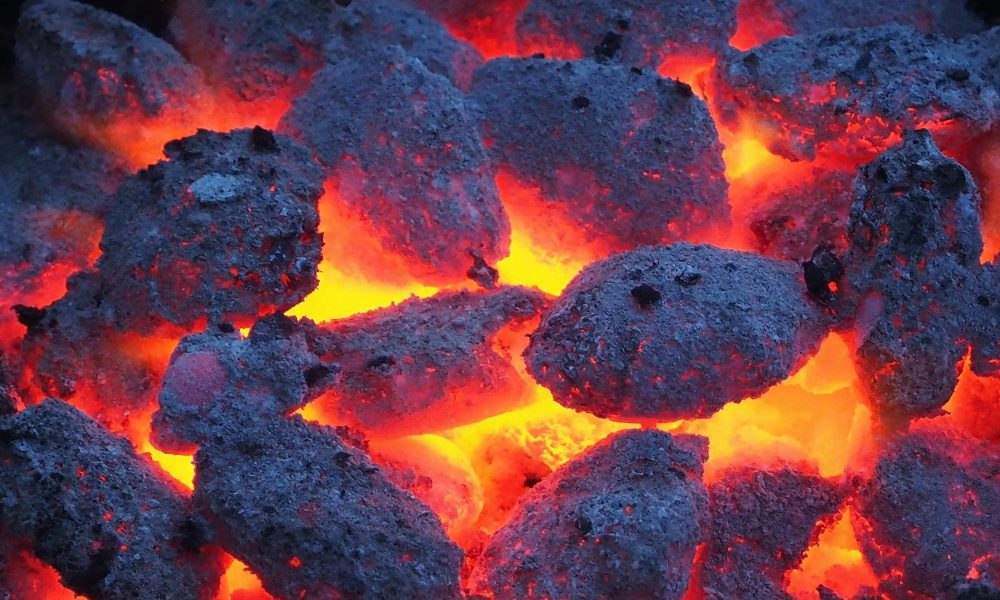We’ve all heard various experts and a selection of other interested parties giving their opinions on why we are facing an environmental crisis. Amid all the discussions, arguments and finger-pointing exercises, however, it’s important to keep one unassailable fact within focus at all times: the major issues we face are the result of carbon emissions, and the vast majority of carbon emissions around the world have existed because of our continuing usage of fossil fuels.
The most common fossil fuels we make use of are oil, coal and natural gas, all of which are turned into energy for heating our homes, powering our factories, fuelling our vehicles and providing the main ingredient in the multitude of plastic goods that we come into contact with on a daily basis. Fossil fuels, as the name suggests, are the decomposed remains of carbon-based organisms – animals, plants and suchlike – that died several million years ago.
These remnants were doing nothing, just minding their own business under the oceans or deep underground until we came along and started to make use of them. In a little over two hundred years, we’ve managed to create a climate crisis that could yet end in total disaster. Planet Earth has been in existence for more than 4.5 billion years, so it seems unthinkable that we might have ruined it in a timespan equivalent to 0.000004 per cent of its life.
Is it a bird? Is it a plane? No, it’s an, er, environment minister
If nothing is done, complete ruination is highly likely, but there are attempts to reverse the process. Enter our potential saviours: the delegates at COP26. They don’t have capes, they don’t get changed in a phone-box and they definitely don’t wear their underpants on the outside of their trousers. They do, however, have a commitment to do something tangible about trying to end our reliance on fossil fuels.
COP26 President and currently the UK’s Minister of State at the Cabinet Office Alok Sharma proudly announced that ‘the end of coal is in sight’ after a deal to phase out coal was announced at the conference. It’s easy to understand his elation at a time when cynicism is perhaps at its highest, but it’s also easy to see why some commentators have questioned just how the various initiatives hammered out at the conference will take shape.
Chief among them is perhaps the pledge to stop our continuing use of coal, rightly recognised as the dirtiest of all fossil fuels. For any nation to agree to phase out coal-fired power is a major step, so we should perhaps stop for a moment to applaud the likes of Canada, Poland, Vietnam and Ukraine, all of whom have been significant consumers of coal in the past. Unfortunately, some of the world’s largest coal producers, such as China, India, the USA and Australia, have decided not to follow suit.
Cut back on usage, cut back on funding
These agreements are important, because of course anything positive has to be a step forward, but in some ways another initiative could end up eclipsing everything that has gone before. Several countries have agreed to end financing for fossil fuel development in other nations, and as a result may have dealt a hammer blow to the continuing popularity of coal as a viable energy source in many parts of the world.
So if Australia isn’t keen to sign up to a cessation of coal production, their production figures will still take a hit if other nations aren’t prepared to keep buying from them. Australia currently produces around 40% of the world’s total coal exports, so it’s highly likely that it will start feeling the effects of such agreements in the pocket very soon. Given the amount of money it makes from fossil fuels, it’s perhaps easy to see why Australia’s ministers are reluctant to curb production. It’s a sad fact that we can only be certain of beating climate change when there is more money to be made from protecting the planet than there is from destroying it. Cynical, I know, but almost certainly true.
It would be wonderful if the human race can stop using fossil fuels altogether, although this will inevitably take time. It’s worth noting that we do already have alternatives in place, including wind, solar and wave power, and an ever-growing availability of both hydrogen and electric-powered vehicles. Cleaner ways to run the world and live our lives are ready and waiting to be embraced, but the big question is whether we make the switch quickly enough. Over to you, delegates.










